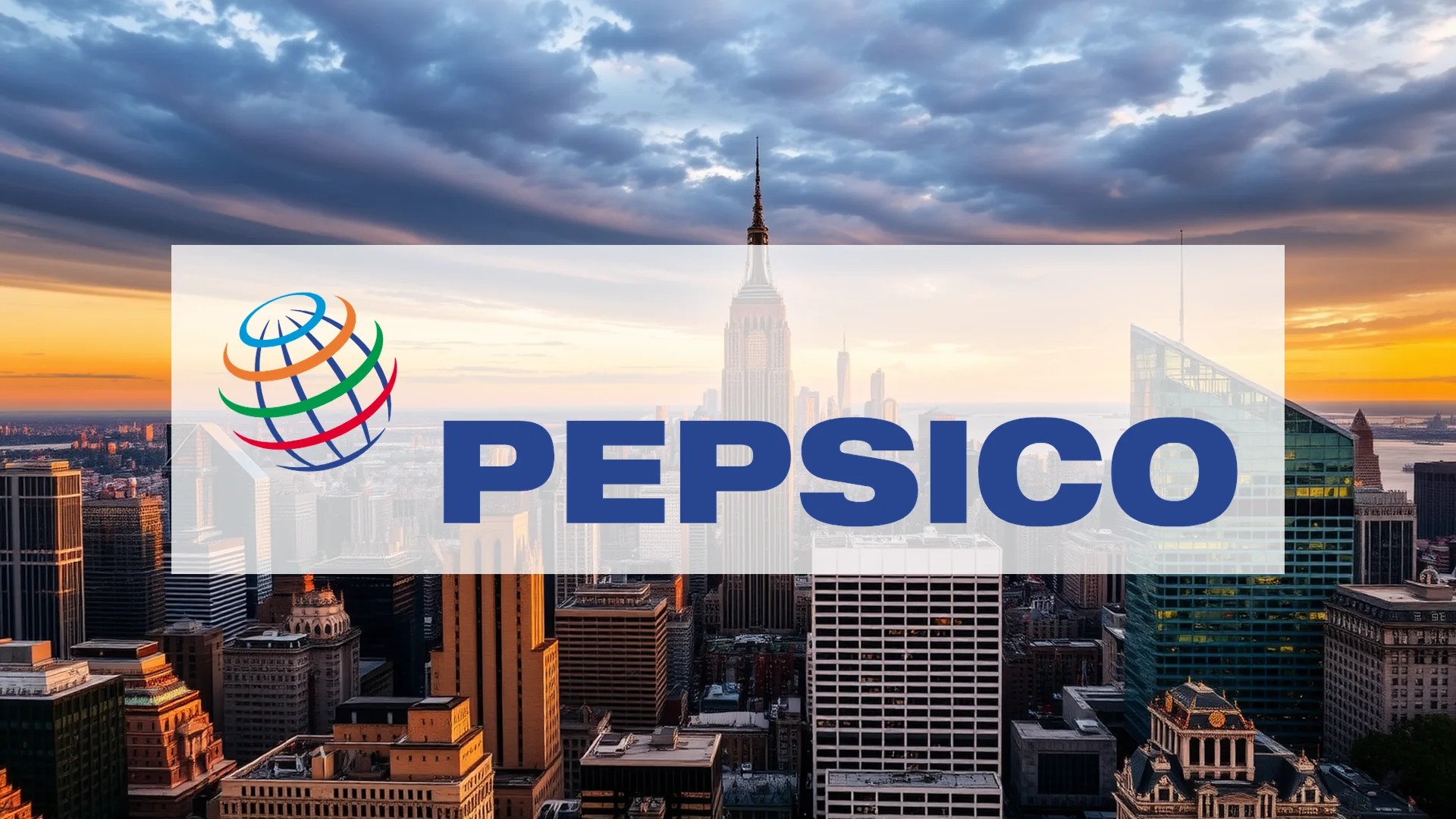PepsiCo’s latest quarterly report initially appears to deliver positive news, with the beverage and snack conglomerate surpassing market expectations. However, a deeper examination reveals a troubling pattern emerging beneath the surface performance metrics. The company is generating higher revenue despite selling fewer products, raising questions about the sustainability of its current strategy.
Quarterly Performance Versus Market Expectations
The third-quarter results demonstrated mixed outcomes for the food and beverage giant. PepsiCo reported adjusted earnings of $2.29 per share, exceeding the $2.26 per share projected by financial analysts. Revenue figures also edged past expectations, coming in at $23.94 billion compared to forecasts.
Despite these apparent successes, the company experienced an 11.2% decline in net income, which settled at $2.6 billion. This contraction highlights the underlying challenges facing the business even as top-line revenue figures meet targets.
The Volume Versus Pricing Conundrum
A critical analysis of PepsiCo’s revenue growth reveals an alarming dependency on price increases rather than actual product demand. The corporation’s sales expansion stems almost entirely from elevated pricing strategies, masking a persistent decline in consumer purchasing volumes.
Both the beverage and snack divisions recorded 1% volume decreases during the reporting period. This marks a continuation of the trend where customers are either buying fewer PepsiCo products or switching to alternative brands in response to repeated price hikes.
Should investors sell immediately? Or is it worth buying PepsiCo?
North American Operations Show Persistent Weakness
The most pronounced volume deterioration is occurring in PepsiCo’s core North American beverage business, which has now registered twelve consecutive quarters of declining sales volumes. This extended downturn in the company’s most important market signals potential structural issues that cannot be resolved through pricing adjustments alone.
Key Performance Indicators:
* Earnings per share: $2.29 (above projections)
* Revenue: $23.94 billion (slightly above expectations)
* Volume contraction: 1% across both business segments
* Net income: Down 11.2% to $2.6 billion
Leadership Transition and Strategic Shifts
Confronted with these operational headwinds, Chief Executive Officer Ramon Laguarta has committed to implementing aggressive cost reduction measures and accelerating the company’s portfolio transformation. These strategic initiatives aim to address the fundamental business challenges beyond mere pricing power.
Simultaneously, PepsiCo is preparing for a significant leadership transition within its financial operations. Current Chief Financial Officer Jamie Caulfield will retire in November, with Steve Schmitt—previously the finance chief for Walmart U.S.—stepping into the role. This executive change at such a crucial position may indicate an impending strategic pivot as the company navigates its current challenges.
Market participants will be closely monitoring the incoming CFO for indications of new financial direction and operational priorities that might steer PepsiCo toward more sustainable growth patterns beyond price inflation.
Ad
PepsiCo Stock: Buy or Sell?! New PepsiCo Analysis from February 7 delivers the answer:
The latest PepsiCo figures speak for themselves: Urgent action needed for PepsiCo investors. Is it worth buying or should you sell? Find out what to do now in the current free analysis from February 7.
PepsiCo: Buy or sell? Read more here...










